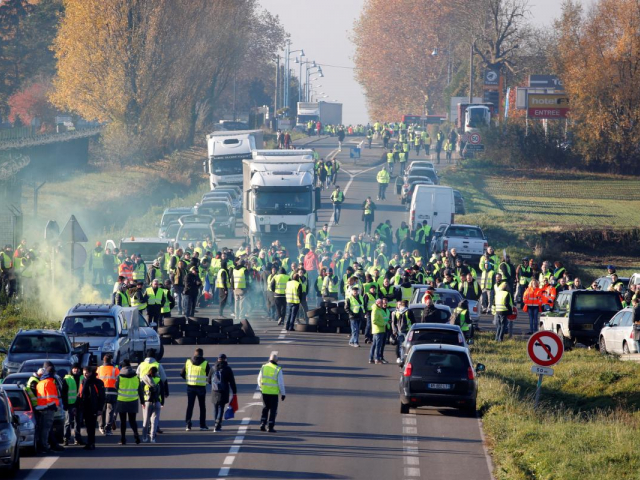
Nearly 300 thousand Frenchmen took part in strikes against against planned hikes in gas taxes. Protests rage on across France: in Marseille, Toulouse, on the Paris ring road, in Normandy, Brittany and other regions. In total, at least 2,000 protests were recorded. The French Interior Ministry noted the aggressive mood of the protesters, there were fights and knife wounds.
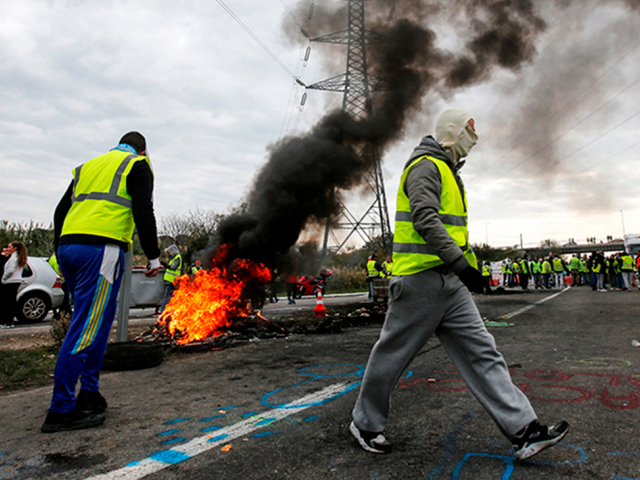
At a blockade in the southeastern department of Savoie, a driver panicked when protesters surrounded her car and she accelerated, hitting and killing a female demonstrator.
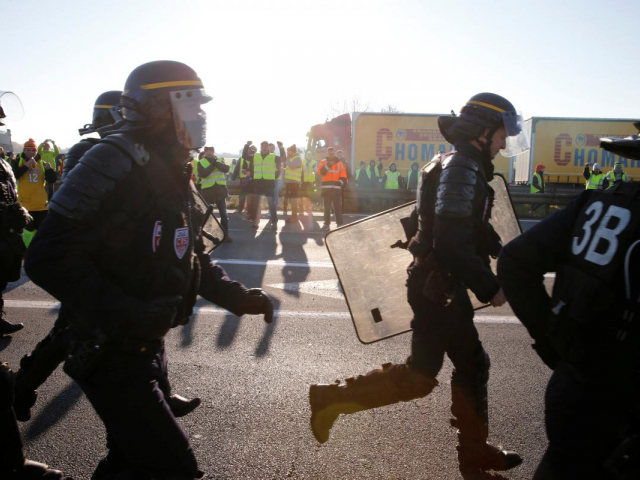
Police called the rallies illegal, over the weekend 282 people were detained. President Emmanuel Macron does not intend to abandon this idea, despite his low rating.
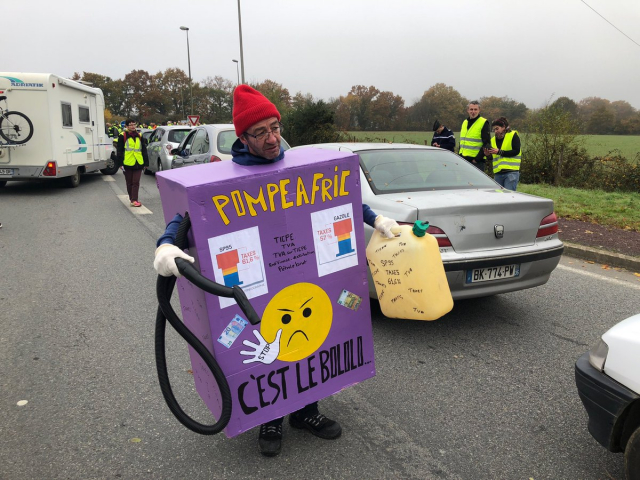
In 2019, according to the plans of the government, the tax on diesel fuel will increase by 6.5%, for gasoline - by 2.9%. This is how the authorities intend to fight the pollution of the atmosphere.
Radio RFI notes that over the past year, gasoline prices have risen by 10-15%.
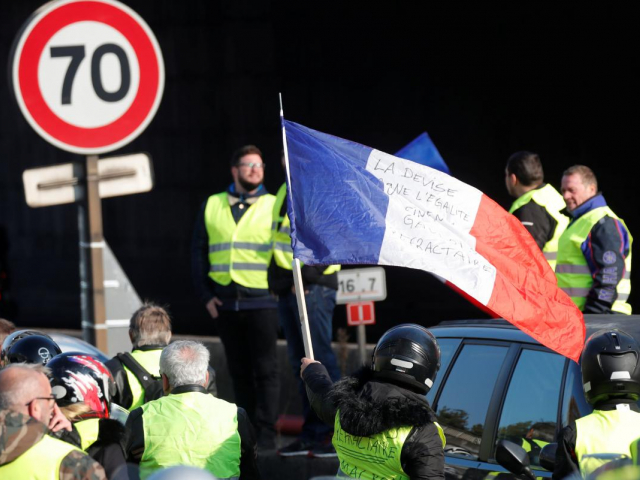
Diesel fuel, which is now the most popular in the country, has risen in price by 24%. Now the cost of a liter often exceeds €1.6. The national average cost of a liter of petrol SP-95 (approximate analogue of AI-95) and diesel fuel is estimated at €1.48.
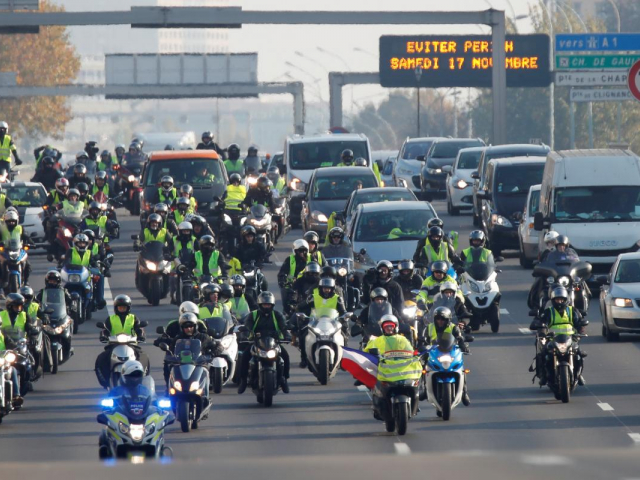
It is noteworthy that protesters do not have a single coordination center, as it usually happens. The movement was organized spontaneously, and participants communicated through social networks. Therefore, it was difficult to understand where and in what quantity they would gather, law enforcement agencies said. This circumstance made it difficult to take measures to control the situation.

The French media called Priscilla Ludovski one of the main participants of the "Yellow Vests". An entrepreneur from the north of the country appealed to the authorities to lower fuel prices. Her appeal has collected more than 750 thousand signatures. “You can’t demand that people stop using their cars and take out a loan to buy electric cars the next day,” she wrote.
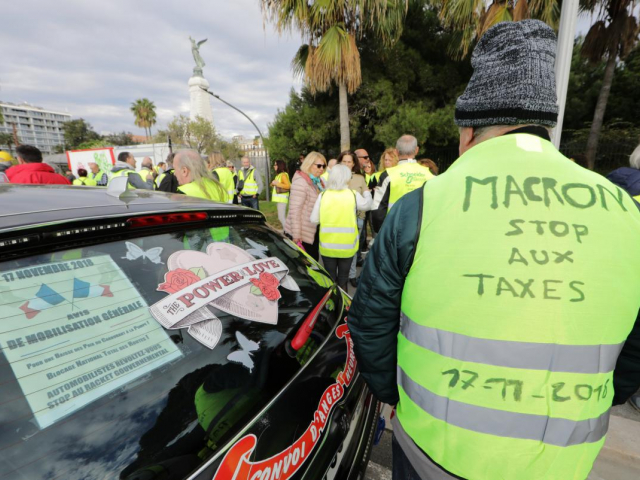
Against the background of Macron's large-scale transformations, his ratings are falling. According to a survey prepared by YouGov for the publication of the Huffington Post, 21% of the French positively evaluate the activities of the head of the republic. Negative attitude towards Macron was recorded among 61% of respondents. This is a record high for the year and a half of his presidency.
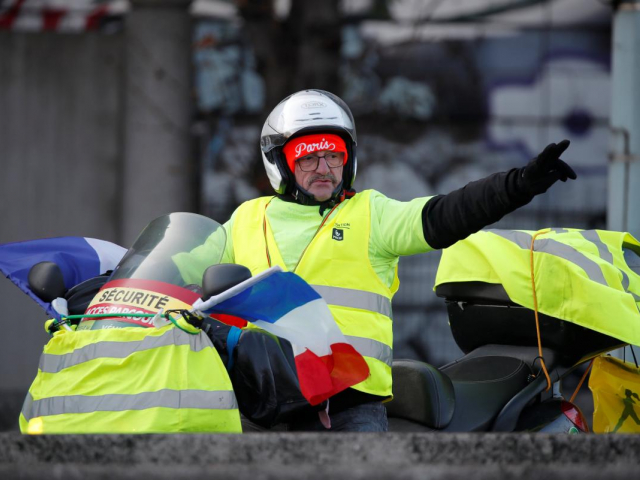
In an interview with CNN, Macron explained that reforms, despite the fact that they are not the most popular, are necessary for the country: “I was elected because all my predecessors either could not carry out these reforms or did not even try to carry them out. I am convinced that in the end the French will gradually become aware of the meaning of what we are doing. ”
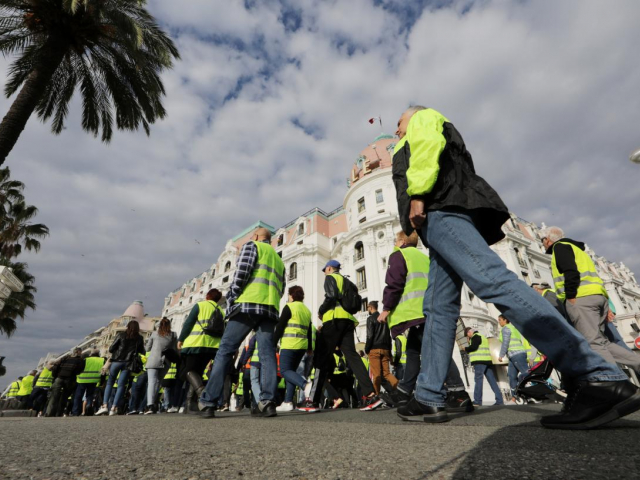
Street protests are not the only threat to the French president. There are also upcoming elections to the European Parliament, scheduled for May 2019. The French can use this event as an opportunity to express their protest again actions of the authorities. As a result, the ultra-right parties may increase their representation in the European Parliament in the next elections which will hit Macron's plans.
 Deutsch
Deutsch 
 Русский
Русский English
English Bahasa Indonesia
Bahasa Indonesia Bahasa Malay
Bahasa Malay ไทย
ไทย Español
Español Български
Български Français
Français Tiếng Việt
Tiếng Việt 中文
中文 বাংলা
বাংলা हिन्दी
हिन्दी Čeština
Čeština Українська
Українська Română
Română
